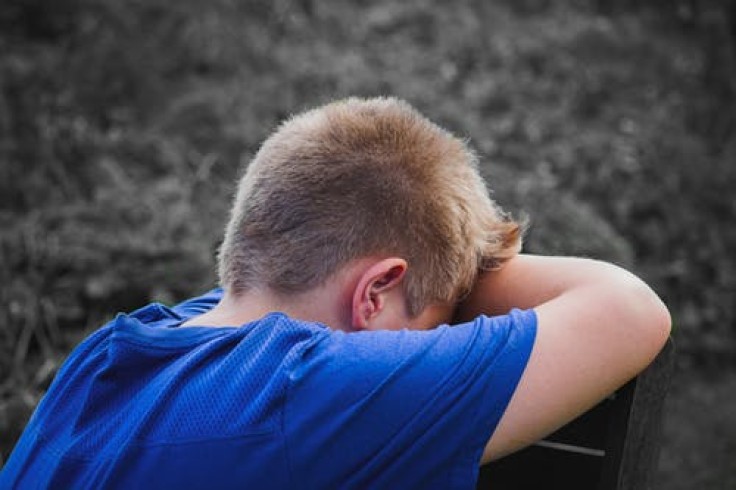
Parents had yelled at their children at some point, it is inevitable especially when all the frustration and stress are building up and you have hyperactive children that you need to look after. However, experts say that yelling at your children is as bad as spanking them.
According to the American Academy of Pediatrics, yelling at your children, shouting at them and humiliating them lead to changes in the architecture of their brains, and it can lead to early aggression, depression, and anxiety. If this kind of discipline continues until their teenage years, it can lead to substance abuse.
The research also stated that yelling at your children to make them behave themselves does not work. It just leads to other types of problematic behavior because it is their way of retaliation for the emotional damage that your verbal abuse caused. These behavioral changes in children often happen without them being fully aware of it, it just naturally develops as it is also their way of building a wall to prevent further humiliation.
Effects of yelling
A licensed counselor and founder of the Whole Hearts Family Center, Anya Beebe, said that the number one thing that she often hears from children during their therapy sessions is that they wish their parents would stop yelling at them.
She explained that when she meets with children for the first time and they talk about their family life, she always asks them what they wish their parents would do differently. And almost all of the children that she talked to said that they want their parents to stop yelling at them.
Beebe said that the kind of yelling that damages the children the most is the one where insults and shaming are said. There are those who yell at their child for the sake of their safety, like telling them to get off the street. But there are those who yell at their child to put them down and shame them, resulting in the child's lack of confidence and self-esteem, and it can affect their relationship with their parents.
What can you do instead?
Before you talk to your child, make sure that you are calm. Anger and frustration only make us say things that we don't mean and they also cloud our judgment. It is also important to remember not to engage and respond to your child's tantrums. Acknowledge their frustration but do not engage in a power struggle. This is applicable especially to teenagers who experience more mood swings.
Reflect on your triggers too. Think of all the times that you've yelled and why you did it, then create an action plan. If the situation comes up again, at least you will know how to respond without raising your voice. You can give them a warning, call out their name in a stern manner or you can give yourself a break in order to calm down before being your child's presence again.
If you've yelled at your children, do not beat yourself up over it. You get tired and stressed out too, and it is not possible to be calm all the time. This is why it is best to give time for yourself and take a break from being a parent so that you can ease up and refuel. If you are well-rested, you will have a calmer and better response in case your child acts up again.